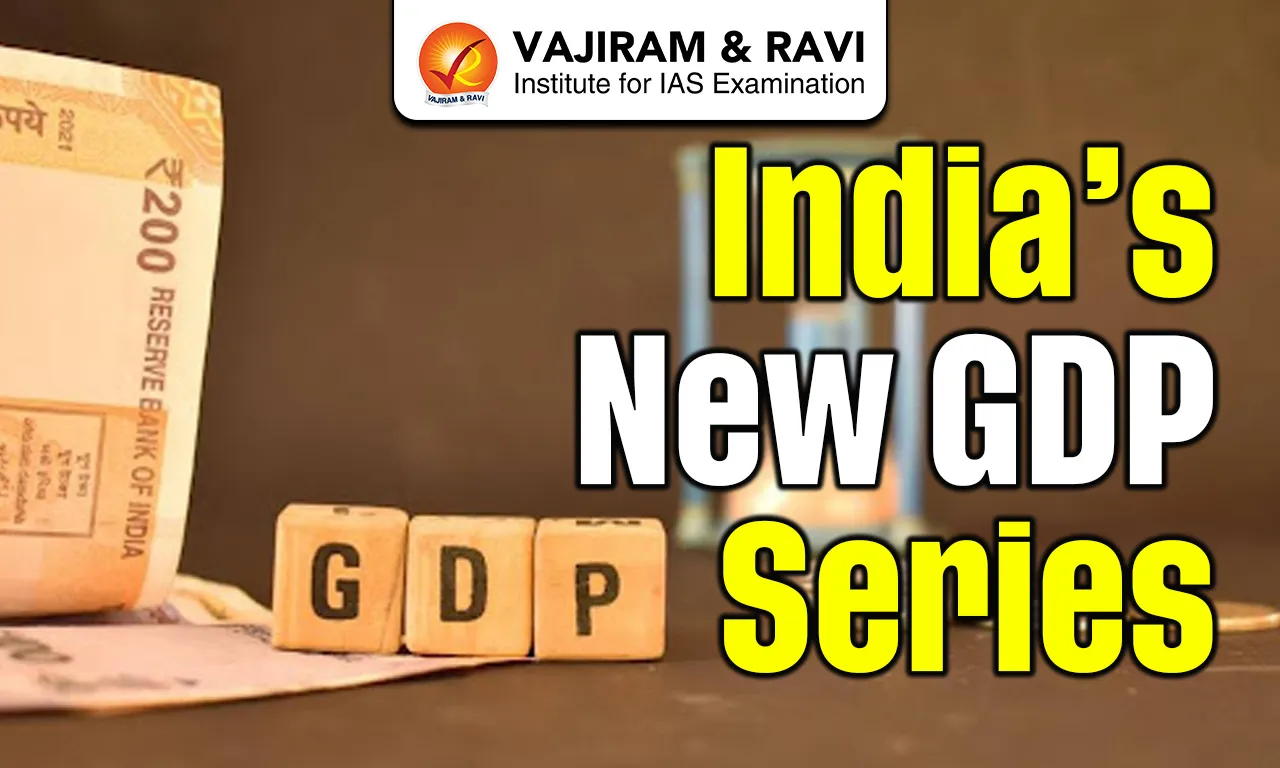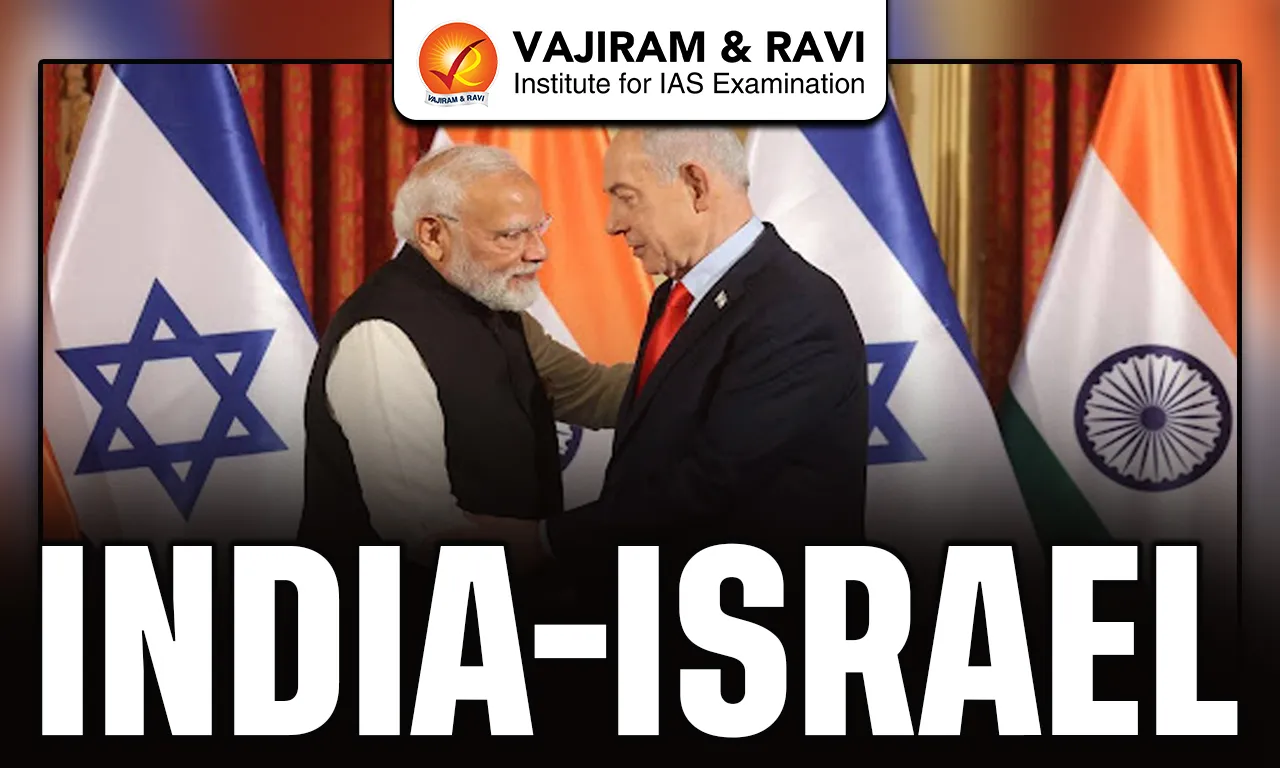What’s in today’s article?
- Why in News?
- Background on News
- What is Tamil Nadu’s Law on Online Gambling?
- Central Laws related to Gambling/Betting in India
- Should Gambling Be Legalised Across India?
- Way Ahead for Gambling in India
Why in News?
- Recently, the Tamil Nadu Governor approved a long pending Bill to ban online gambling, which includes online rummy and poker with stakes in the state.
Background on News
- The Tamil Nadu Legislative Assembly had passed the Tamil Nadu Prohibition of Online Gambling and Regulation of Online Games Ordinance, 2022 in October, 2022.
- However, in early March, the Governor RN Ravi returned the ordinance for reconsideration.
- A few weeks later, the assembly readopted the Bill and sent it to Raj Bhavan once again.
What is Tamil Nadu’s Law on Online Gambling?
- The Bill prohibits online gambling and online games of chance played for money or other stakes.
- While it specifically names Rummy and Poker as games of chance, it can go much wider in scope.
- It also establishes the Tamil Nadu Online Gaming Authority and empowers it to regulate online gaming companies.
- Companies that are based outside the state are required to follow specified due diligence or restrict access to prohibited games for people in Tamil Nadu.
- The state’s proposed gaming authority will identify games of chance and recommend them to be included in the Schedule of prohibited games.
Central Laws related to Gambling/Betting in India
- Under the 7th Schedule of the Constitution, the state governments have the exclusive power to enact their own laws on Gambling/Betting for their own territory.
- However, the Public Gambling Act, 1867, a colonial-era statute still in force, has been adopted by several states including Uttar Pradesh, Madhya Pradesh and Delhi.
- Other states have enacted their own pieces of legislation to regulate Gambling/Betting related activities within their territories.
Should Gambling Be Legalised Across India?
- Arguments in Favour of Legalisation –
- Legalising gambling will not only help in breaking off sources of black money but it will also generate a good amount of revenue for the state exchequer.
- The unaccounted money earned from gambling activities is managed by the criminal syndicates which are spent on nefarious activities like terror financing.
- Legalising gambling will not only put a halt on it but also the money generated from betting and gambling can be used by the authorities for various constructive social schemes.
- In a large country like India, a legal and effectively regulated gambling sector will generate large-scale employment opportunities.
- In sports events like cricket, people tend to bet on it and the majority of time players go for fixing the matches, even though betting on it is illegal in India.
- If betting gets a legal permit, then there will be more transparency in such activities and it will also curb fixing of the matches as it will create a sense of fear of getting caught among the players and bookies.
- Arguments Against Legalisation –
- Gambling is morally wrong and is not ethically correct in the Indian context.
- It is one of the reasons for bankruptcy, addiction, loss of livelihood, divorce, crime.
- Legalised gambling hurt and destroys those who are poor and disadvantaged people of the society.
- If gambling were illegal, then it would be difficult for the gambling industries to openly promote their casinos, lotteries, or any other gambling activities and exploit these people.
- Since gambling is portrayed as something clean and a way to earn money quickly, it attracts young people, who eventually become gambling addicts.
Way Ahead for Gambling in India
- The 276th report of the Law Commission of India talked about the possibility of legalising gambling in the whole country with some rules and regulations.
- But the legalisation of gambling in a large country like India is not an easy task.\
- The Government has to take certain measures before legalising Gambling in India:
- State list to Concurrent list –
- Firstly, there would be a need to make an amendment to the Constitution regarding gambling as it is under the purview of the state list.
- So, it should firstly, be put under concurrent list so that the Parliament can legislate on the subject without facing any hindrances.
- Restrict the Number of Transactions –
- To protect the interest of people and to prevent any harm, the government should restrict the number of transactions that can be made in a specified period.
- Also, there should be a check upon the stakes involved by linking the accounts with either PAN/AADHAAR card.
- FDI in Gambling –
- To prevent financial burdens on the states who wish to permit casinos and other gambling activities, the government should allow FDI in this sector.
- So, that investments can be made in the respective states for the infrastructure etc.
- Also, this will lead to growth in tourism and the states would be able to generate more employment and revenues.
- Effective Implementation of Rules & Regulations –
- Necessary infrastructure like police machinery and prosecutors or grievance redressal mechanisms should be set up at both state and national levels by the government to ensure that the rules and regulations are perfectly implemented and also to ensure that the perpetrators are punished.
- State list to Concurrent list –
Q1) What are the examples of Residuary Subjects?
Residuary subjects are those which had not originated during the formation of the Indian Constitution. Example: – Programming, e-commerce, internet, etc. The Constitution has given the responsibility to the central government to legislate on the residuary subjects.
Q2) What is the difference between Gambling & Betting?
An important distinction between betting and gambling is that in gambling, the stakes or wager is placed on an event without any clue of the outcome; whereas, in betting the stakes are placed on an event, the outcome of which is based on the performance of the players, influenced by their skill.
Source: Tamil Nadu Governor gives Assent to Bill Banning Online Gambling | Indian Express
Last updated on February, 2026
→ UPSC Notification 2026 is now out on the official website at upsconline.nic.in.
→ UPSC IFoS Notification 2026 is now out on the official website at upsconline.nic.in.
→ UPSC Calendar 2026 has been released.
→ UPSC Final Result 2025 is expected to be released in the first week of March 2026.
→ Check out the latest UPSC Syllabus 2026 here.
→ Join Vajiram & Ravi’s Interview Guidance Programme for expert help to crack your final UPSC stage.
→ UPSC Mains Result 2025 is now out.
→ UPSC Prelims 2026 will be conducted on 24th May, 2026 & UPSC Mains 2026 will be conducted on 21st August 2026.
→ The UPSC Selection Process is of 3 stages-Prelims, Mains and Interview.
→ Prepare effectively with Vajiram & Ravi’s UPSC Prelims Test Series 2026 featuring full-length mock tests, detailed solutions, and performance analysis.
→ Enroll in Vajiram & Ravi’s UPSC Mains Test Series 2026 for structured answer writing practice, expert evaluation, and exam-oriented feedback.
→ Join Vajiram & Ravi’s Best UPSC Mentorship Program for personalized guidance, strategy planning, and one-to-one support from experienced mentors.
→ Check UPSC Marksheet 2024 Here.
→ UPSC Toppers List 2024 is released now. Shakti Dubey is UPSC AIR 1 2024 Topper.
→ Also check Best UPSC Coaching in India


















